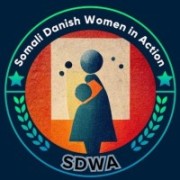About Us
Background
Somali Danish Women in Action, abbreviated as SDWA, is a voluntary Diaspora women led organization that is non-profit making, non-governmental and non-partisan with no religious or political affiliation. The establishment of the organization was a result after a group of Somali-Danish women, based in Denmark, held an assembly meeting on the drought crisis that hit most of the regions in Somalia and affected nearly 2.5 million people who were at risk of starvation at that time. The group of Diaspora women who were humanitarian pioneers led by Hawa Abdirashid organized the assembly meeting to discuss the establishment of a women-led Diaspora organization on the 4th of November 2021 in Nyborg, Denmark. As a result of the discussions during the assembly meeting, SDWA was founded to respond to the need for humanitarian aid, gender violence, and gender inequalities in Somalia. The primary purpose is to support women, youth, and children in Somalia’s communities by providing both relief and gender-mainstreamed developmental programs through educational capacity building, peacebuilding, and conflict resolution.
SDWA is headquartered in Nyborg, Denmark, and its registered with the Federal Government of Somalia as an international organization. SDWA has local NGO partners in Somalia’s different federal states of Puntland, Jubaland, Galmudug, Hir-shabeele, and the Banaadir region. Legally, the organization is also registered at the NGO or business registration authority in Denmark under CVR No. 44351196 as a humanitarian Diaspora women led entity. The decades-old conflicts in Somalia and insecurity complemented by natural disasters such as droughts, cyclones, and floods have made Somalia a volatile humanitarian crisis and a difficult place to live. The country has one of the largest internally displaced persons (IDPs) in the world in which women constitute 60% of the displaced population. In Somalia, women and girls are among the most underprivileged people and their life remains challenging in the country that ranks fourth lowest for gender equality globally, and maternal and infant mortality rates are some of the highest in the world.
The expertise of the Somali Diaspora on these problems cannot be underestimated, and their experience can be utilized to start the much-needed peacebuilding, women and youth empowerment, promotion of human rights and gender equality, advocacy, protection, and humanitarian endeavors. Thus, SDWA being an organization led by Somali- Danish women with sound educational backgrounds and experience is potentially vital for the donors’ engagement as a development partner for the country of origin, Somalia, in terms of reaching the vulnerable and marginalized groups among the Somali community, particularly women and youth.
The Overall Goal
SDWA’s aim is to create educated, economically stable, and healthily educationally sound women and girls by providing promotion of gender equality as well as women empowerment programs and gender mainstreamed short-term relief programs.
Specific goals:
● Ensure female involvement, in climate change negotiations, resource management, and development of policies that address climate change and ensure such policies are gender-sensitively designed.
● Advocate for women’s access to resources, and opportunities to participate in the mitigation of climate change effects by persuading decision-makers about the environmental degradation and climate change effects on women.
● To provide climate change technologies and initiatives that enhance sustainable and renewable energy sources designed to reflect women’s needs, knowledge, and social roles.
● Promotion of gender equality and women empowerment programs designed to capacitate women enabling them actively to participate in disaster responses; building resilience; securing land and inheritance rights, food, and resources; and ending energy poverty.
● Also, the thematic areas of protection, gender, and environment will be integrated with other programs and women will be educated on environmental conservation to ensure that environmental protection is practiced at the family level.
● To Improve the living conditions of Somali communities, and in particular women and girls among the displaced, returnees, rural community, and poorer groups by providing asset creation and livelihood supporting projects of both recovery
and resilience building.
● To improve the drought and water shortage devastated rural and IDP’s community access to quality safe water, sanitation, and hygiene by providing WASH projects of both construction and rehabilitation of the existing water sources.
● To target livestock and agricultural productivity complemented by the introduction of modernized livestock and farming techniques aimed at improving productivity.
● To contribute positively to the fight against HIV.AIDS pandemic, eradication of all forms of FGM.
● To enhance rural outreached communities and IDPs in the urbanizing centers and cities in Somalia access to primary health care and nutritional services by providing supporting projects aimed at transforming the traditional livestock into a modern responsive, sustainable, and environmentally friendly engine to improve the rural community’s livelihoods, health, and nutritional standards.
● Improve formal and nonformal education for disadvantaged people in the coverage area.
● Providing Research, analyses, and situational and food security assessments in Somalia.
● Capacity-building skills and networking programs.
● Advocacy for human rights, peace, development, legal reforms, and local organizations to get funds for their respective development nurturing and livelihood improvement programs.
Objectives
● To provide relief assistance to the vulnerable underprivileged Somali women and vulnerable community groups including IDP’s and returnees at the time of drought and famine.
● To assist the vulnerable community through the provision of developmental services such as access of education, health, nutrition, WASH, and livelihood programs through protection and advocacy.
● To enhance peace-building efforts through dialogue and negotiation.
● To enhance safe drinking water, improved sanitation, and good standard of hygiene behavior.
● To protect and promote environmental protection to the community through awareness, mobilization, and sensitization.
● To promote and encourage the formulation and implementation of policies and programs that are necessary for the integration and peaceful coexistence among the clans of Somalia.
● To promote and work for the development of policies, bylaws, and acts that ensure respect for human rights and assure justice to all in Somalia and within the autonomous administrations.
● To disseminate and emphasize peace values and basic human rights throughout the community grassroots.
● To conduct policy research, provide capacity-building skills and advice, and disseminate information on all aspects of peace being the prioritized instruments.
● To promote and support the development of regional principles and legally binding instruments seeking to promote sustainable development through research, consultation, and information.
● To efficiently participate, lobby, and advocate for the implementation of the plans of action on peace and democracy, and security in Somalia.
SDWA vision
“An environment where women are free from all forms of inequalities, risks of violence, abuse, as well as other harmful practices and they, are active participants in leadership, economic growth, as well as other social sectors and their contribution to the society at large, is fully realized”.
SDWA mission
To ensure that the vision is achieved, SDWA’s mission is to promote Somali women’s participation in leadership, economic growth, and policy decision-making, and to provide capacity-building and other empowerment programs for women to enable them to contribute to society and play a major role in the leadership, private and public entrepreneurship, and political decision making yet remaining accountable to all stakeholders (community, government, and partners) as an organization.
Values; SDWA’s core values are:
● Integrity
● Indiscrimination
● Impartiality
● Transparency & Accountability
The values and guiding principles
SDWA will create and support an environment that fosters accountability, respect, and a holistic manner towards beneficiaries and staff within the organization, cooperation, trust, caring, commitment, continuous improvement, and holistic health toward our clients, community members, and each other.
SDWA focuses on six core program areas and three cutting issues primarily integrated into the other core program areas:
2. Peace Building and Conflict resolution intervention.
3. Capacity Building/Education support Program.
4. Protection and Advocacy Program
5. Community Integrated WASH and Nutrition/Health Program
6. Environmental Preservation Program
7. Livelihood program
SDWA Target groups and Geographical Coverage
● Agents of change: SDWA defines “the agents of change” as youth/women groups, journalists, civil society
activists/organizations, musicians, and poetess in Somali society.
● Local administrations
● Rural community
● IDPs and returnees
● Minorities and vulnerable groups
Geographical coverage
SDWA organization is headquartered in Nyborg, Denmark, SDWA’s activities extend to Somalia where it’s registered as an international NGO under the Ministry of Interior with offices in Mogadishu and Garowe, particularly focusing on initiatives and projects within Somalia and other regions as determined by the Board of Directors.
SDWA’s Approach to Development and Humanitarian Programming
SDWA’s approach to development and other humanitarian programming is a bottom-to-top community participatory strategy that is right-based. The programs are developed out of the beneficiary communities’ prioritized needs to ensure target beneficiaries’ ownership in the delivery of the interventions for sustainability. Whilst, the program designing, and delivery will be based on an integrative and complementarity approach to ensure that the delivering interventions complement each other addressing the different needs of the targeted communities from different angles.
The objectives of the delivering programs and interventions are aimed at increasing targeted beneficiaries’ livelihoods as well as their access to basic services, and resilience to shocks and disasters through asset creation, capacity building, and promotion of equality and gender rights to unleash the potentiality of the underprivileged women and girls to social development.
Organization and Management
SDWA has assembled a team of qualified staff and continues to put in place appropriate systems to meet the required operational standards. The organization has various policy guidelines which are followed in its day-today operations. The organization management structure consists of mainly two parties; the higher organ which is a board of directors who are the legitimate part and executive directors who are responsible for the execution of duties.
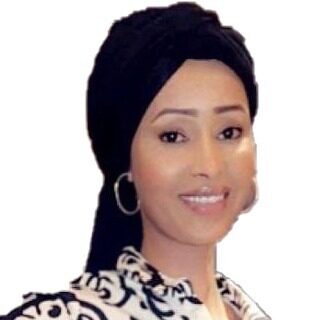
Hawa Abdirashid Farah
Chairlady
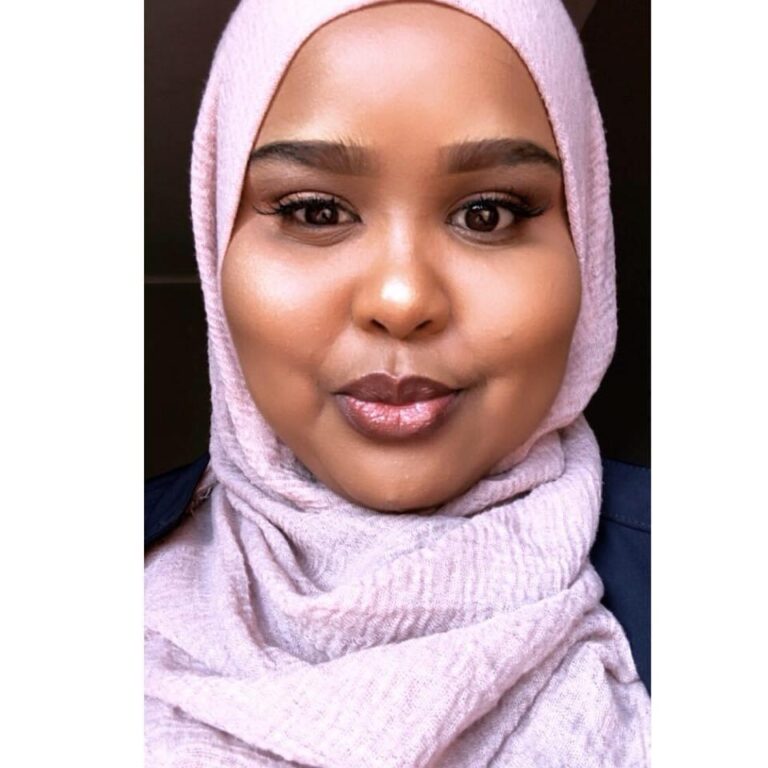
Farhiya Dahir
Vice Chairlady
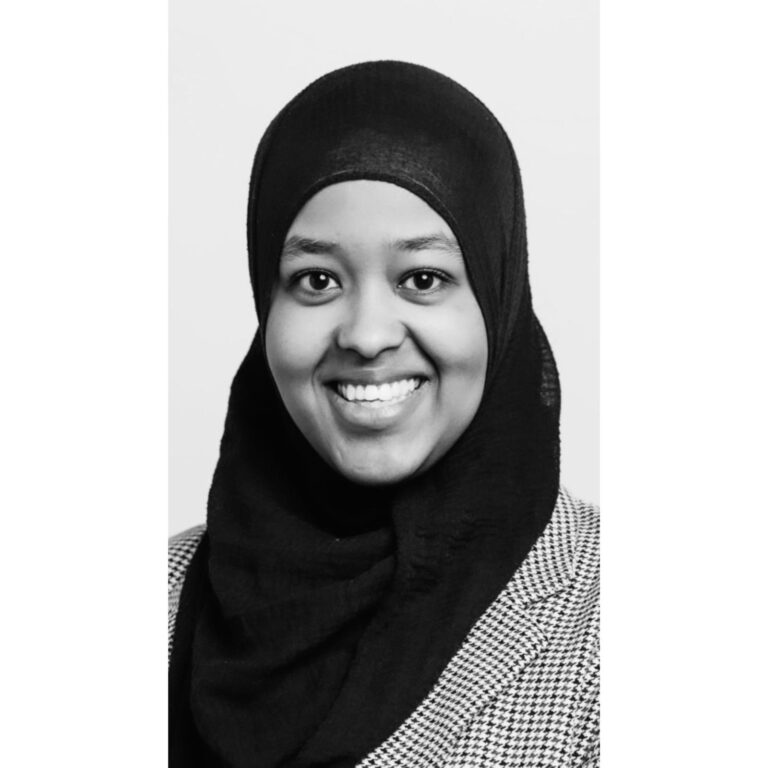
Kaltum Adan
Board Member
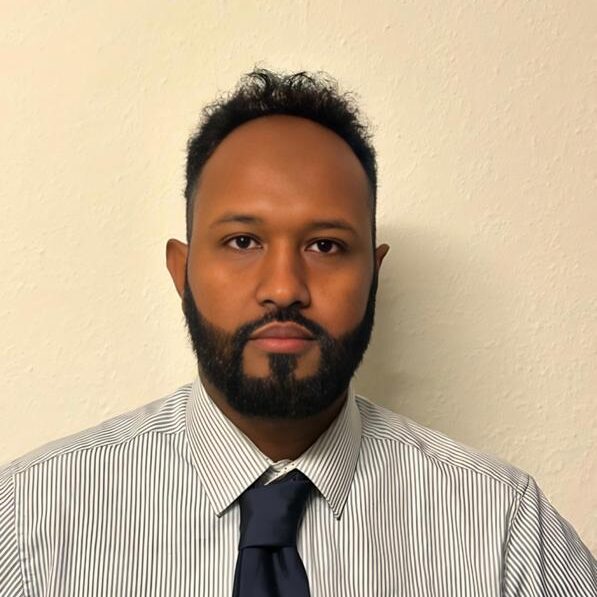
Ahmed Farah
Board Member
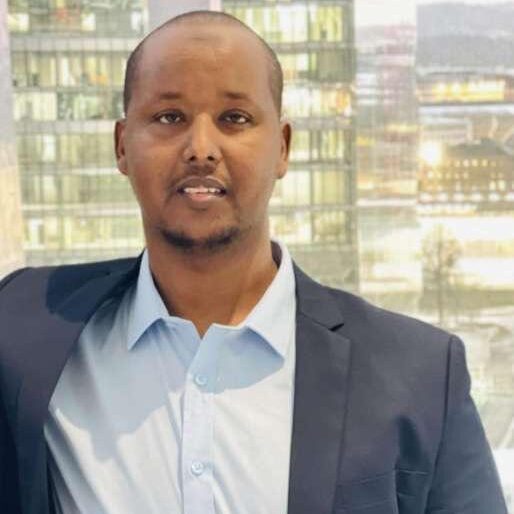
Abdulahi Hassan
Board Member
Copyright © 2024 Somali Danish Women in Action |Sprotoften 8 st th, 5800, Nyborg|somwomen.org| info@somwomen.org|+456075960
